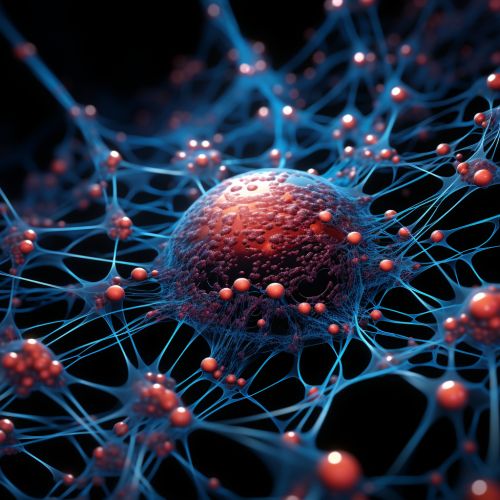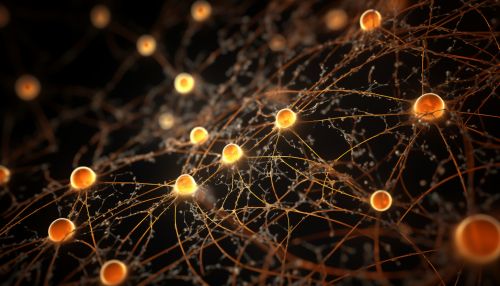Molecular Motors in Intracellular Transport
Introduction
Molecular motors are a class of molecular biological entities that are responsible for various types of movements in living organisms. They are involved in a wide range of intracellular transport processes, including the movement of organelles, vesicles, proteins, and RNA within cells. This article will delve into the specifics of these motors and their role in intracellular transport.
Types of Molecular Motors
There are three main types of molecular motors: kinesins, dyneins, and myosins. Each of these motor proteins has a unique structure and function, but all of them convert chemical energy into mechanical work, allowing them to move along cytoskeletal filaments.
Kinesins
Kinesins are a superfamily of motor proteins that move along microtubules in cells. They are involved in various types of intracellular transport, including the transport of organelles, vesicles, and proteins. Kinesins typically move towards the plus end of the microtubule, which is usually oriented towards the cell periphery.
Dyneins
Dyneins are motor proteins that move along microtubules in cells. They are involved in various types of intracellular transport, including the transport of organelles, vesicles, and proteins. Unlike kinesins, dyneins typically move towards the minus end of the microtubule, which is usually oriented towards the cell center.
Myosins
Myosins are a superfamily of motor proteins that move along actin filaments in cells. They are involved in various types of intracellular transport, including the transport of organelles, vesicles, and proteins. Myosins typically move towards the plus end of the actin filament.


Mechanism of Movement
Molecular motors move along cytoskeletal filaments by converting chemical energy, stored in ATP, into mechanical work. This process involves a cycle of conformational changes in the motor protein, which results in a "walking" or "crawling" movement along the filament.
Role in Intracellular Transport
Molecular motors play a crucial role in intracellular transport, which is essential for the survival and functioning of cells. They transport various cargoes, including organelles, vesicles, proteins, and RNA, to different parts of the cell. This transport is necessary for a variety of cellular processes, including cell division, cell signaling, and protein biosynthesis.
Clinical Significance
Defects in molecular motors can lead to a variety of diseases, including neurodegenerative diseases, cancer, and ciliopathies. Understanding the function of these motors and their role in intracellular transport can therefore provide insights into the mechanisms of these diseases and potentially lead to new therapeutic strategies.
